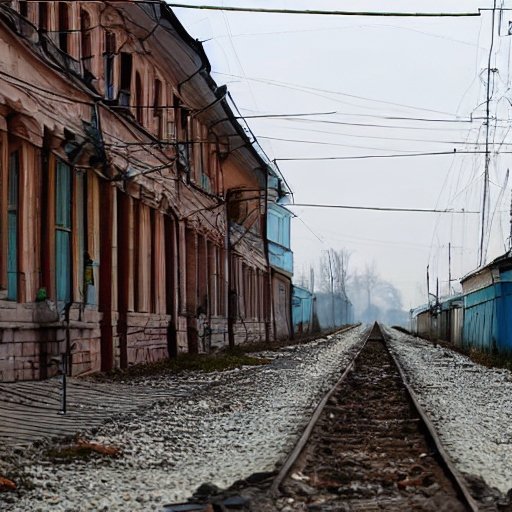
Introduction:
The geopolitical landscape has once again been thrust into turmoil as tensions escalate between Russia and Ukraine, creating ripples of concern across the international community. The roots of this conflict trace back to historical, political, and ethnic complexities, making it a multifaceted challenge to comprehend. This article aims to delve into the present war situation between Russia and Ukraine, exploring the key factors, recent developments, and the potential implications for global stability.
Historical Context:
To understand the present conflict, one must acknowledge the historical context that has shaped the relationship between Russia and Ukraine. The dissolution of the Soviet Union in 1991 marked Ukraine's emergence as an independent nation. However, the shadow of Moscow lingered, as historical ties and shared Soviet heritage maintained a complex connection between the two countries.
One of the flashpoints in this relationship was Crimea, a region with a significant Russian-speaking population. In 2014, Russia annexed Crimea following a controversial referendum, sparking international condemnation. This move heightened tensions between the two nations, and the situation has remained precarious ever since.
Recent Developments:
The most recent chapter in this ongoing saga began with Russia's military intervention in eastern Ukraine. Pro-Russian separatist movements in regions like Donetsk and Luhansk have exacerbated the conflict, with Moscow accused of supporting these groups. The situation escalated further with a notable increase in military maneuvers along the Russia-Ukraine border.
In 2021, the world witnessed a significant buildup of Russian troops near the Ukrainian border, raising concerns about the possibility of a large-scale military incursion. While diplomatic efforts were initiated to defuse the tension, the situation remains volatile, and the international community closely watches for any signs of further escalation.
Root Causes of Conflict:
The present war situation between Russia and Ukraine is deeply rooted in geopolitical, ethnic, and strategic considerations. Russia sees Ukraine as part of its historical sphere of influence and is wary of Ukraine gravitating towards the West, particularly through its aspirations to join NATO and the European Union. Meanwhile, Ukraine seeks to assert its independence and sovereignty, a move that Moscow perceives as a threat to its regional dominance.
Ethnic divisions within Ukraine add another layer of complexity to the conflict. The predominantly Russian-speaking population in Crimea and parts of eastern Ukraine has historically aligned itself with Russia, leading to tensions with the Ukrainian government, which predominantly speaks Ukrainian.
Global Implications:
The present conflict between Russia and Ukraine carries significant global implications, affecting not only the immediate region but also broader international relations. The ongoing tension has strained Russia's relations with the West, leading to sanctions and diplomatic isolation. The possibility of a full-scale war could have far-reaching consequences, impacting energy markets, regional stability, and the global balance of power.
The situation has prompted NATO to reevaluate its strategic posture and has highlighted the importance of collective security in the face of evolving geopolitical challenges. Countries around the world are closely monitoring the developments, recognizing the potential for a ripple effect on their own geopolitical interests.
Diplomatic Efforts and Challenges:
Despite the gravity of the situation, diplomatic efforts to find a peaceful resolution persist. The Normandy Format, involving leaders from Ukraine, Russia, Germany, and France, has been a key platform for negotiations. However, reaching a consensus has proven challenging, with deep-seated mistrust and conflicting interests hindering progress.
The United Nations and other international organizations have called for restraint and a peaceful resolution to the conflict. The role of diplomatic channels remains crucial in preventing further escalation and finding a sustainable solution that respects the sovereignty of Ukraine while addressing Russia's legitimate concerns.
Conclusion:
As the present war situation between Russia and Ukraine unfolds, the world finds itself at a crossroads of geopolitical tensions. The historical context, recent developments, root causes, and global implications underscore the complexity of this multifaceted conflict. Diplomatic efforts remain paramount in navigating towards a peaceful resolution, as the international community grapples with the challenge of balancing regional stability and global security. The outcome of this crisis will undoubtedly shape the geopolitical landscape for years to come, leaving an indelible mark on international relations.